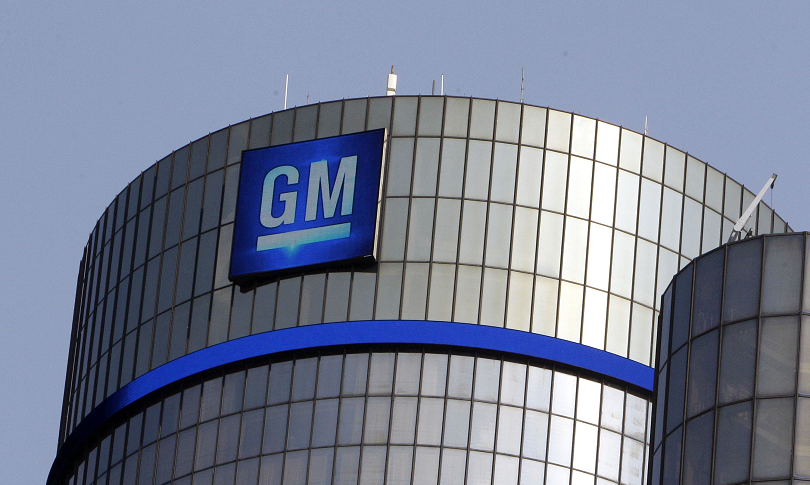General Motors (GM) has expressed concerns regarding the difficulties it may face in complying with proposed vehicle emissions rules put forth by the Environmental Protection Agency (EPA) and other state and federal regulations.
In particular, GM has cited the requirements related to electric vehicles (EVs) as a potential roadblock. The automaker has highlighted that six regulations could necessitate manufacturers to exceed 50 percent EVs in multiple vehicle averaging sets by 2030. While GM has reaffirmed its commitment to transitioning to 50 percent EVs by 2030 and achieving 100 percent EVs by 2035, it has also expressed ambiguity regarding its ability to precisely meet the EV shares in each applicable averaging set.
One of the major concerns raised by GM is the lack of clarity or coordination between different agencies. The absence of a streamlined approach could impede compliance with regulatory programs while striving to meet the EPA’s overarching EV goals. This lack of cohesion and clear guidance may pose challenges for GM and other automakers as they navigate the complexities of regulatory compliance.
The proposed EPA standards for the period between 2027 and 2032 aim to significantly reduce emissions, targeting a 56 percent reduction compared to the requirements of 2026. The EPA expects that 60 percent of new vehicles will be electric by 2030, with the goal of reaching 67 percent by 2032. However, a group representing major manufacturers, including GM, has criticized the EPA proposal as unreasonable. Instead, they have suggested requirements for 40 to 50 percent electric, plug-in electric, and fuel vehicles by 2030, with gradual increases leading up to 2032.
Despite its concerns about the proposed regulations, GM has reiterated its support for President Joe Biden’s objectives outlined in an executive order. The order aims to have 50 percent of new vehicles in the country be EVs or plug-in hybrids by 2030. GM acknowledges the importance of these objectives while acknowledging the challenges presented by the unpredictability of supply chains, manufacturing processes, infrastructure development, and consumer market dynamics.
This announcement from GM comes shortly after the automaker disclosed in June that it had paid $128.2 million in penalties for failing to meet the Corporate Average Fuel Economy (CAFE) vehicle requirements for the 2016 and 2017 model years. The penalty highlights the significance of meeting regulatory standards and the financial implications that non-compliance can have on automakers.

